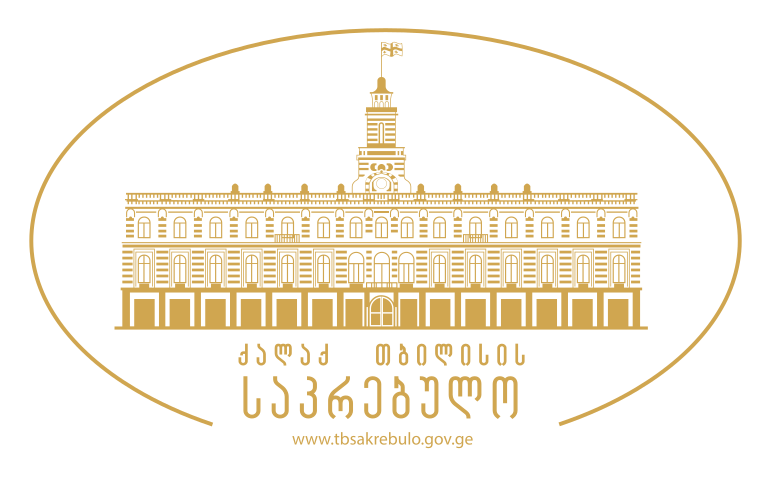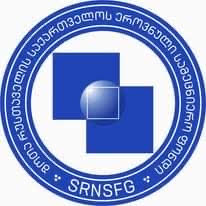The post-Soviet Literary Space and the World after the Cold War
- Eka Chkheidze (Georgia) – Where is the Solution in case of Moral Degradation According to Guram Dochanashvili’s Novel “Boulder on which Once there was a Church”
- Elnara Garagyezova (Azerbaijan) - DECONSTRUCTION OF MODERN AUTHOR'S TEXT IN POST- SOVIET AZERBAIJANI PROSE
- Elka Traykova (Bulgaria) - TENDENCIES IN CONTEMPORARY BULGARIAN LITERATURE
- Ivane Tsereteli (Georgia) – Trauma and Triumph in Literary Text
- Katja Grupp (Germany) – Foreign Language against Forgetting
- Marta Skwara (Poland) - Comparative literature studies in Poland after 1989: Between the Third Sophistry and Post-Dependences.
- Mirja Lecke (Germany) - Imagining a post-Russian Transcaucasus: on the fringes of “semiospheres”
- Nino Mindiashvili (Georgia) - Refugee Trauma in Teona Dolenjashvili’s Novel The Bird Won’t Fly Out
- Oku Ayako (Japan) - Post-Yugoslav Literature in others’ languages: Memory and identity among second-generation writers
- Sophiko Kvantaliani, Irine Manizhashvili (Georgia) - Postmodernist Experiment as a New Worldview Code in Post-Soviet Georgian Literature (Z. Karumidze's novel "The Wine-dark Sea")
- Tea Talakvadze (Georgia) - The reception of the transformation/ transition of the 90s in German and Georgian literature
- Tinatin Moseshvili (Georgia) - Soviet Ideologemes and their Critique in Givi Margvelashvili's "Fluchtästhetische Novelle".
პროექტი განხორციელდა შოთა რუსთაველის საქართველოს ეროვნული სამეცნიერო ფონდის მხარდაჭერით [გრანტის ნომერი MG-ISE-22-170]
The Project was supported by Shota Rustaveli National Science Foundation of Georgia (SRNSFG) [grant number MG-ISE-22-170]
The Project was supported by Shota Rustaveli National Science Foundation of Georgia (SRNSFG) [grant number MG-ISE-22-170]


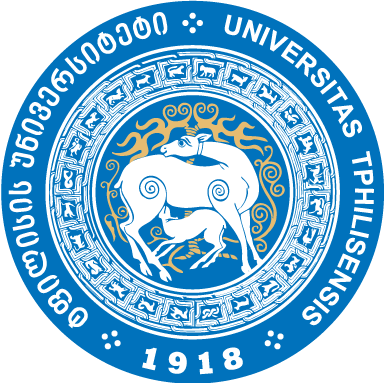

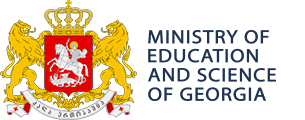
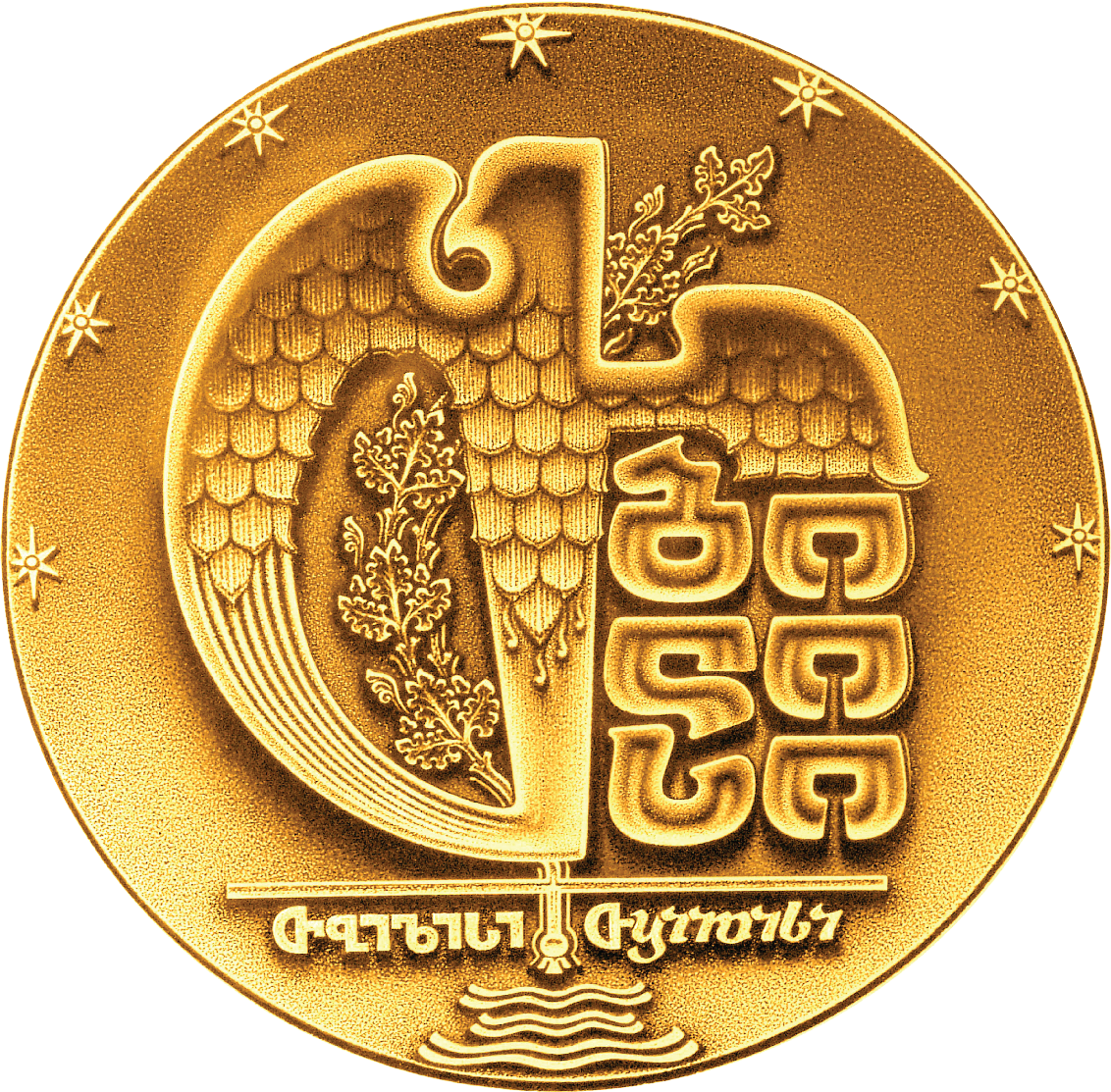

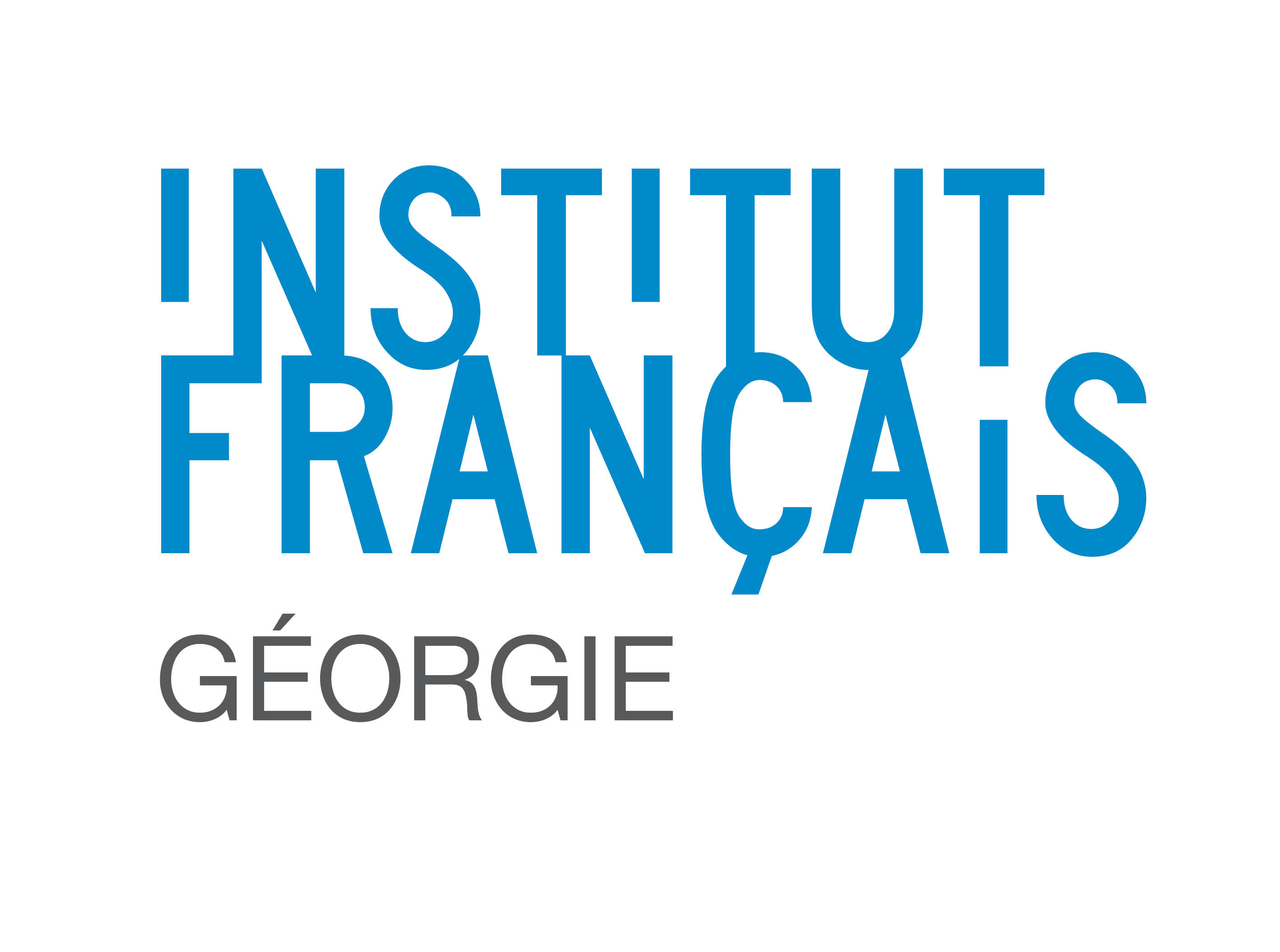


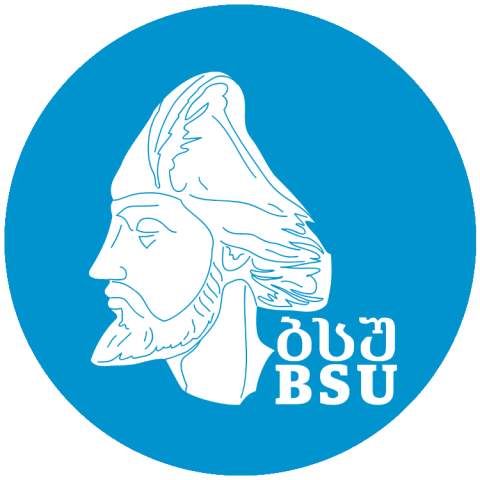

_001.png)

